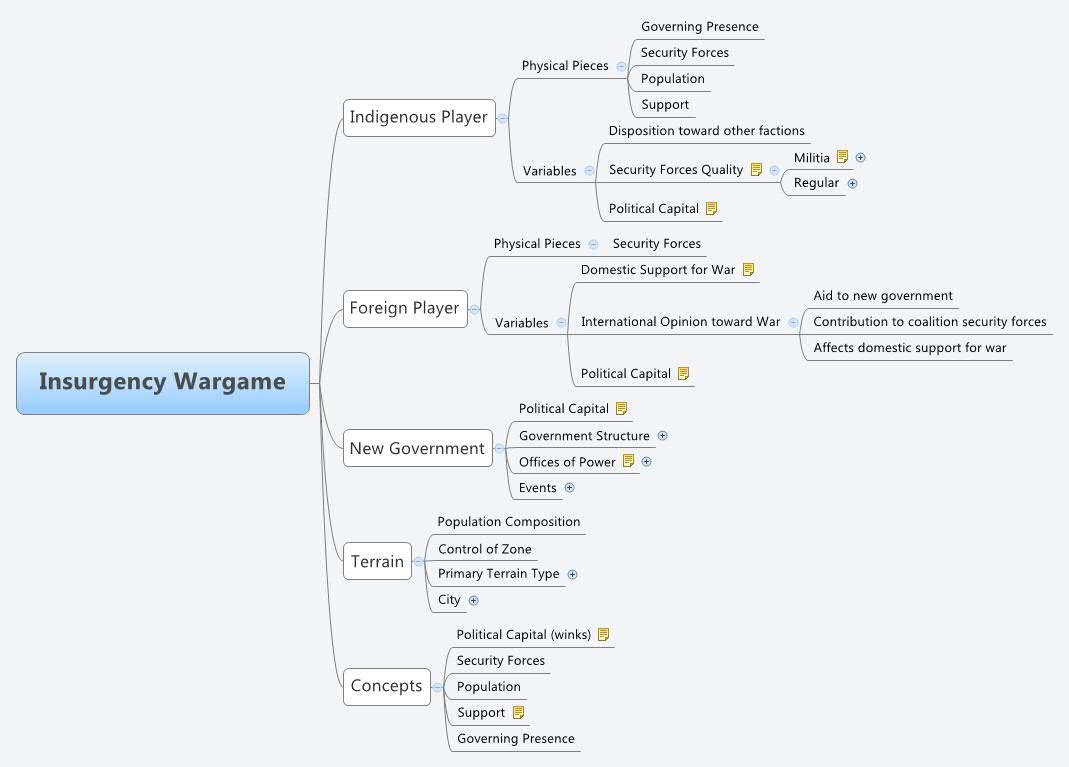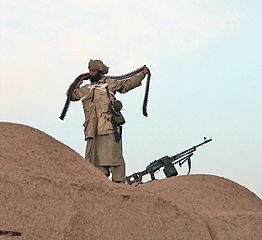The Fine Line Between Embarrassing and Sinister
http://www.thefridaytimes.com/20052011/page6.shtml
Ali K. Chishti writes:
Inter-Services Intelligence (ISI) director general Gen Ahmed Shuja Pasha made an unprecedented offer to resign, during an in-camera briefing to the parliament. He admitted that the presence of OBL in Pakistan and the failure to pre-empt the American raid were failures.
But when opposition leader Chaudhry Nisar took a tough line against the ISI, Gen Pasha said the PML-N leader had been targeting him since he had declined to extend “a personal favour” to him. One implication of the tirade, he said, was that CIA chief Leon Panetta said to him in an important meeting, “How can we trust you when your own country’s opposition leader is saying that you cannot be believed?”
I’ve hardly achieved the expertise to speculate on whether the ISI had any notion that Osama bin Laden was hiding so comfortably in proximity to Pakistan’s equivalent of West Point, but Chishti’s article about the relationship between the intelligence agency and Pakistan’s civilian government hits some interesting points.
Corruption in both mild and grand forms are so commonplace in South Asia that there are market prices for common bribes necessary to get the wheels of bureaucracy moving in your favor. While some degree of shady office politics plagues any institution, the ISI/civilian government divide seems to be a striking vulnerability in Pakistan’s security. For all the flak it receives, the CIA is judged by policymakers by its record of performance. Attempts to politicize the agency are often met with resistance, such as when Leon Panetta rebutted Nancy Pelosi’s claim that she was lied to by the agency about interrogation techniques, resulting in the congresswoman eventually changing tack. The President directs, the CIA serves, and Congress watches closely.
But the ISI is both hobbled by and dangerously liberated by the Wild West climate in Pakistan. It’s no secret that they play a double game with the US and certain Jihadi groups in the country, but to what extent is that the will of the civilian government? And at what level are decisions to support or quash specific groups made? The distrust and constant push-pull power relationship between intelligence agencies and the government do more than threaten the efficacy of intelligence gathering; it gives the agencies the opportunity to engage in independent policy-making. If a politician or bureaucrat threatens an agency with accountability or transparency, the agency need only engage in blackmail or bribery to keep itself safe from effective oversight. The question is whether Pakistani intelligence agencies are simply ineffective, or actively working at cross purposes against Pakistan’s civilian government and principal “ally” and benefactor. What they did or did not know about Osama bin Laden and Abbottabad would go a long way towards answering that question.









